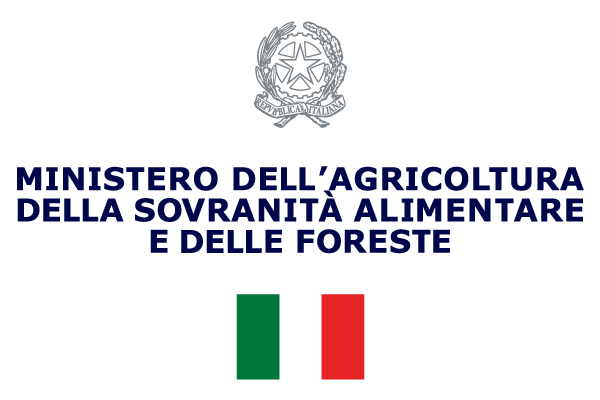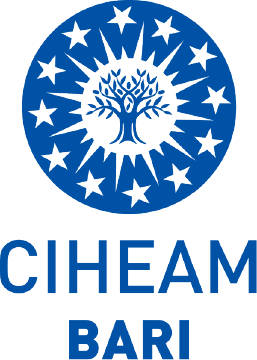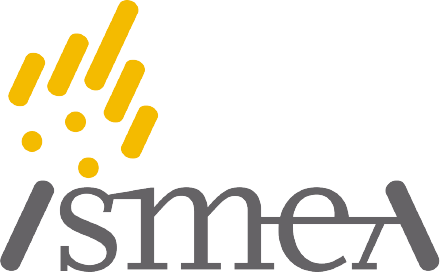European consumers expect that all organic products sold in Europe meet the same high quality standards regardless of country of origin and that this high quality will be ensured through rigorous control from field to fork. With the new Organic Regulation (EU) 2018/848, the European Commission has addressed consumers’ and farmers’ concerns about creating a level playing field by requiring imported products to adhere to the same strict and consistent standards as those produced within the European Union (EU). The overhaul of the previous Regulation (EC) 834/2007 and stricter rules for imports were considered necessary, as the “patchwork of rules and derogations in place did not give sufficient certainty and security” (European Commission 2017). The new EU Organic Regulation 2018/848 aims to encourage the sustainable development of organic production in the EU, guarantee fair competition for farmers and operators, prevent fraud and unfair practices, and improve consumer confidence in organic products. On 1 January 2025, following the three-year transition period since the regulation came into force within the European Union, the EU import system for imports from most third countries 2 will transition from the current “equivalence” scheme to a new system of “compliance” with all EU legal requirements. Swiss organic imports will also be affected, as certification according to the EU Organic Regulation will be required for imports from most countries. One of the key changes for organic production outside of Europe is the completely new set of rules for the certification of smallholder producer groups. Over the past decades, the prior versions of the EU Organic Regulation have provided a pathway towards sustainable production and income generation for an (estimated) thousand-plus organic smallholder supply chains in Latin America, Africa and Southeast Asia, benefiting more than a million organic producers by granting them access to the European market via “equivalent” certification. Currently, these smallholder producers are certified as organic “producer groups” using an Internal Control System (ICS) as described in nonbinding EU guidelines, in equivalence with the former EU Organic Regulation (EC) 834/2008 for imported products. Third-party certification bodies focus on evaluating the group’s ICS and traceability systems, including conducting representative spot-check inspections of group members.
The new Organic Regulation (EU) 2018/848, with its shift from equivalence to compliance, requires these smallholder supply chains to conform to a new set of regulatory requirements for “Groups of Operators” applicable both within the EU and in third countries. This study analyses the expected implications for organic smallholder supply chains, focusing on identifying key gaps in relation to the new rules to support adaptation. It highlights both challenges and opportunities and provides recommendations on how to assist smallholder supply chains in their adaptation efforts. The study evaluated information from stakeholder surveys, interviews, and country case studies, complemented by information received during various training courses for producer organisations. It also includes an analysis of producer and trade data to estimate the scale of smallholder group certification for the European market and the adaptation needs across different regions and crops.






